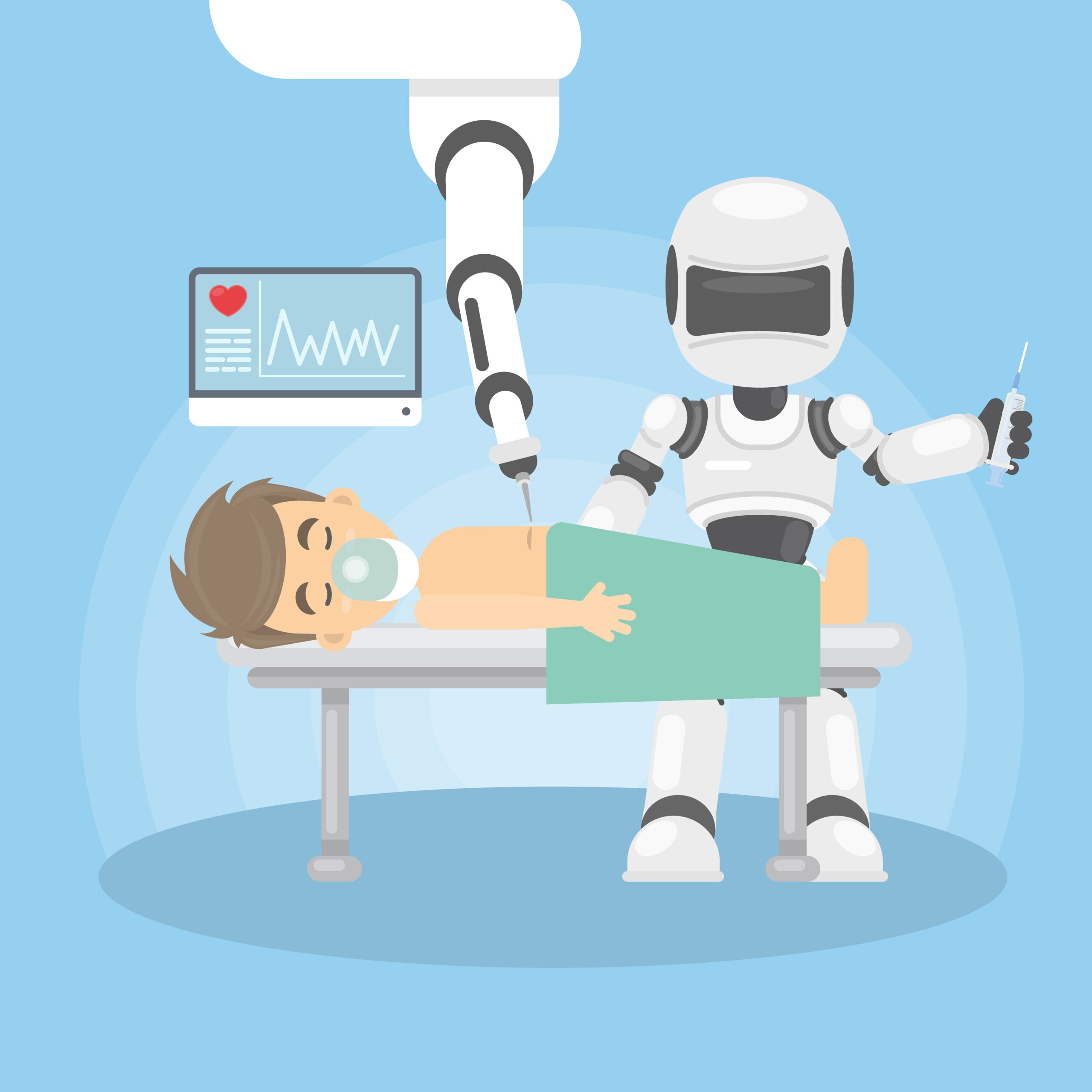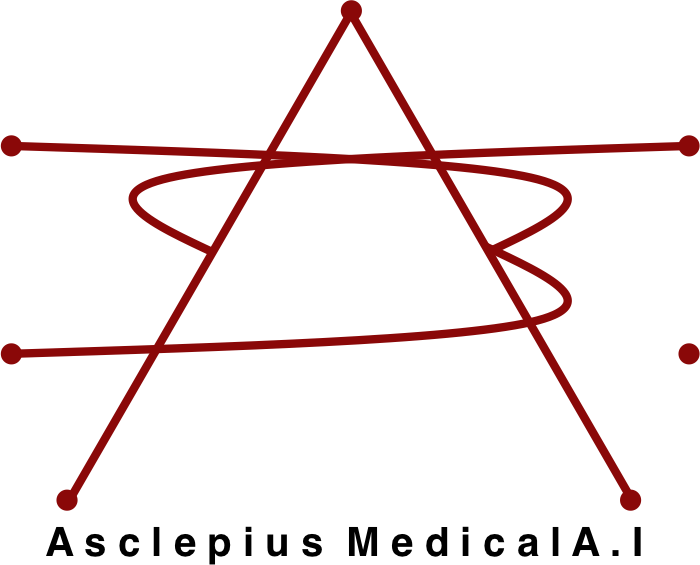
Harnessing the Power of Artificial Intelligence in Medical Operations for Enhanced Patient Care
Introduction:
Artificial Intelligence (AI) has revolutionized various industries, including healthcare. In the field of medicine, AI technology has the potential to improve patient outcomes, enhance efficiency, and reduce costs. By leveraging AI in medical operations, healthcare providers can streamline processes, personalize treatments, and ultimately provide better care for patients.
This whitepaper explores the benefits of incorporating AI in medical operations and outlines how this advanced technology can assist healthcare professionals in delivering superior patient care.
Overview of AI in Medical Operations:
AI is a powerful tool that can analyze vast amounts of data at an unprecedented speed and accuracy. In healthcare settings, AI algorithms can interpret medical images, predict potential health risks, and assist in diagnosing diseases. By harnessing AI in medical operations, healthcare providers can make more informed decisions, prioritize patient care, and optimize resources.
Ways AI Can Assist in Medical Operations:
1. Diagnosis and Treatment Planning: AI algorithms can analyze patient data, including medical history, diagnostic tests, and genetic information, to assist healthcare professionals in making accurate diagnoses and creating personalized treatment plans. By integrating AI technology into medical operations, healthcare providers can enhance diagnostic accuracy, minimize errors, and create tailored treatment strategies for each individual patient.
2. Predictive Analytics: AI can predict potential health risks and identify early warning signs of diseases before symptoms manifest. By analyzing patient data and patterns, AI algorithms can forecast the likelihood of developing certain conditions and recommend preventive measures. This proactive approach can help healthcare professionals intervene early, prevent diseases, and improve patient outcomes.
3. Workflow Optimization: AI can streamline medical operations by automating administrative tasks, scheduling appointments, managing patient records, and facilitating communication between healthcare providers. By implementing AI-powered systems, healthcare organizations can optimize workflows, reduce administrative burden, and allocate resources more efficiently, ultimately enhancing patient care and experience.
4. Remote Monitoring: AI technology enables remote monitoring of patients’ vital signs, medication adherence, and overall health status. By leveraging AI-powered devices and sensors, healthcare providers can track patients’ progress, detect early signs of deterioration, and intervene in real-time when necessary. This remote monitoring capability can improve patient outcomes, reduce hospital read missions, and enhance overall quality of care.
Conclusion:
In conclusion, AI has the potential to transform medical operations and revolutionize patient care. By incorporating AI technology into healthcare settings, healthcare providers can enhance diagnostic accuracy, personalize treatment plans, and optimize workflows. Ultimately, AI can assist healthcare professionals in delivering superior care, improving patient outcomes, and advancing the field of medicine. Embracing AI in medical operations is essential for driving innovation, promoting efficiency, and providing better healthcare for patients. Let us harness the power of AI to shape the future of medicine and elevate patient care to new heights.
Amount Raised: $2,000,000 out of $8,000,000
